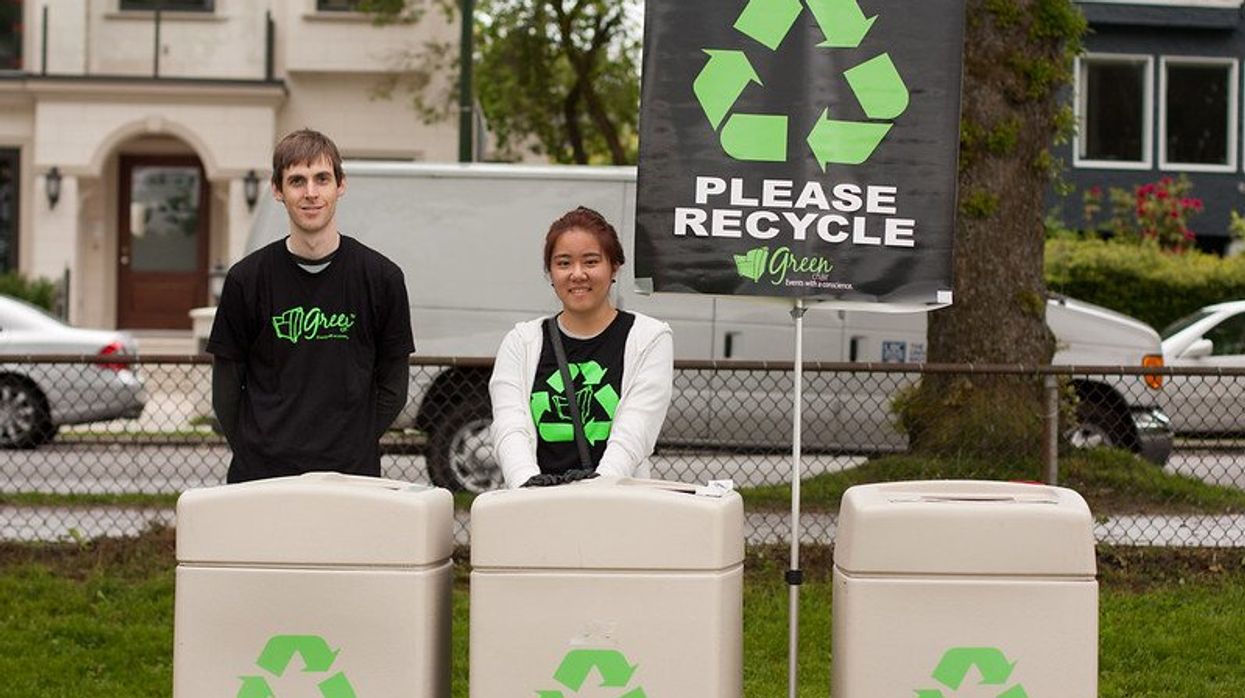The recycling symbol, once a beacon of environmental responsibility, has become a tool for corporations to falsely assure consumers that non-recyclable products are eco-friendly.
In short:
- The ubiquitous recycling symbol is often used on products that cannot actually be recycled, especially plastics, misleading consumers.
- Confusing and inconsistent recycling rules across the country exacerbate the issue, leading to contamination and inefficiencies in the recycling process.
- Stricter regulations are being considered to address misleading recycling labels and shift waste management costs back onto manufacturers.
Key quote:
“The magnetic, gravitational power of recycling" has led "policymakers and the public to just talk more and more and more about recycling, and less and less and less about anything else.”
— David Allaway, senior policy analyst at the Oregon Department of Environmental Quality
Why this matters:
Misinformation about recyclability undermines genuine environmental efforts and contributes to widespread plastic pollution, which poses significant health risks, including cancer and heart disease. Understanding the reality of recycling is crucial for more effective environmental policies and practices. Read more: Recycling plastics “extremely problematic” due to toxic chemical additives.

















